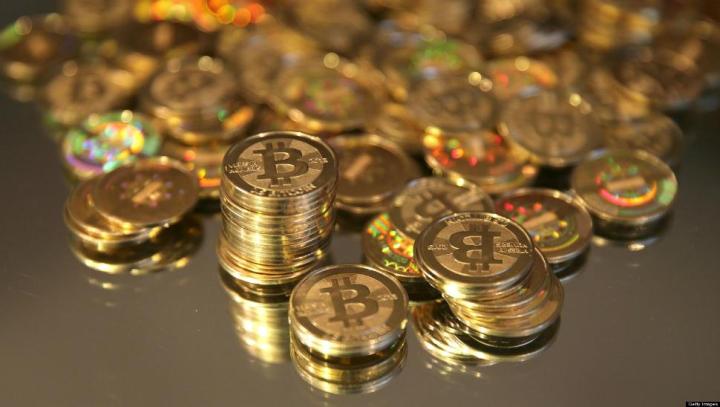
Dish Network announced it will accept Bitcoin payments, starting on July 1, 2014. The satellite TV provider, which has tapped online index Coindesk to exchange Bitcoin payments into U.S. dollars, claims to be the biggest company to accept the cryptocurrency. It won’t be the first, however, as companies like Overstock.com, OKCupid, and Virgin America already accept Bitcoin payments.
“We always want to deliver choice and convenience for our customers and that includes the method they use to pay their bills,” Dish Executive Vice President and Chief Operating Officer Bernie Han said in a press release. “Bitcoin is becoming a preferred way for some people to transact and we want to accommodate those individuals.”
The Bitcoin payment option, available on mydish.com, will initially be for customers that choose to make one-time payments.
The move adds credibility to Bitcoin, something that the cryptocurrency has been lacking over the past few months. Bitcoin has suffered from bad PR recently, primarily due to the collapse of digital currency exchange Mt. Gox last February. Mt. Gox, which was once the largest Bitcoin exchange in the world, lost 850,000 Bitcoins due to a “transaction malleability” issue. It later recovered 200,000 Bitcoins, which were said to be in a “forgotten wallet.” Last April, a Tokyo court rejected the company’s rehabilitation plan and placed it in administration. Following the Mt. Gox closure, other exchanges closed and Chinese and Russian authorities restricted the accounts of Bitcoin traders.
The announcement comes after eBay Chief Executive John Donahoe said that PayPal is exploring ways to enable Bitcoin inside its service. If a deal pushes through, it would mean integration between the two competitors.
Dish Network, which posted a weak first quarter, is hoping to generate growth through the cryptocurrency, something that other companies have done. According to the Wall Street Journal, Bitcoin holders spent $1 million at Overstock in less than two months, exceeding the company’s expectations. Overstock CEO Patrick Byrne also predicted that Bitcoin sales would hit $10 million to $15 million this year.


